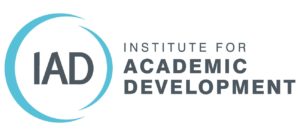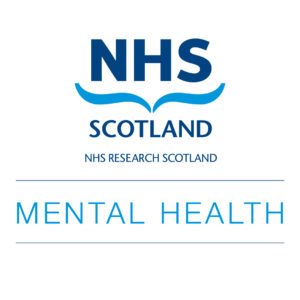Abstracts: David Findlay
Psychopharmacology and Medical Models in Psychiatry
Psychiatrists, in the words of RD Laing, “do what doctors are trained to do”. This version of a medical model, encompassing history, examination, investigations, diagnosis, (directive) treatment, prognosis and research, embedded within an overall biopsychosocial formulation, remains integral to mental and behavioural disorders as described in WHO’s ICD-10 and forthcoming ICD-11. With descriptive psychopathology originally atheoretical as regards either psychogenic or physical aetiology, syndromes of signs, symptoms and natural history characterise notions of mental illness and the emphasis on drug therapy from psychiatrists reflects one facet of a scientifically empirical attempt to understand problems at multiple levels simultaneously and to intervene in helpful ways. Other such relatively non-specific therapeutic strategies include psychotherapy, social interventions and encouraging physical exercise.
The ‘targets’ of psychopharmacology are often symptoms rather even than syndromes and their physiological effects on brain receptor systems and biochemistry have an uncertain temporal relationship with any impact on human lives. The dual mysteries of why drugs work at all in mental disorder, without real clarity as to underlying psychogenic or physical causality, and why any single agent will often only help about two thirds of those to whom given, remain at best partially resolved but the benefits are usually at least comparable to those of psychotherapies and not infrequently additive.
Significant numbers of psychiatric problems appear unlikely to have a biological basis and the reductionist approach may thus be of limited utility. Nonetheless, while neither a dominant paradigm nor fully successful in avoiding physicalist assumptions, symptomatic drug therapy in medical models of mental illness has set several benchmarks for explanation as well as treatment. It now falls to alternative explanatory models to show comparable potential for pragmatically helpful outcomes.









Comments are closed
Comments to this thread have been closed by the post author or by an administrator.